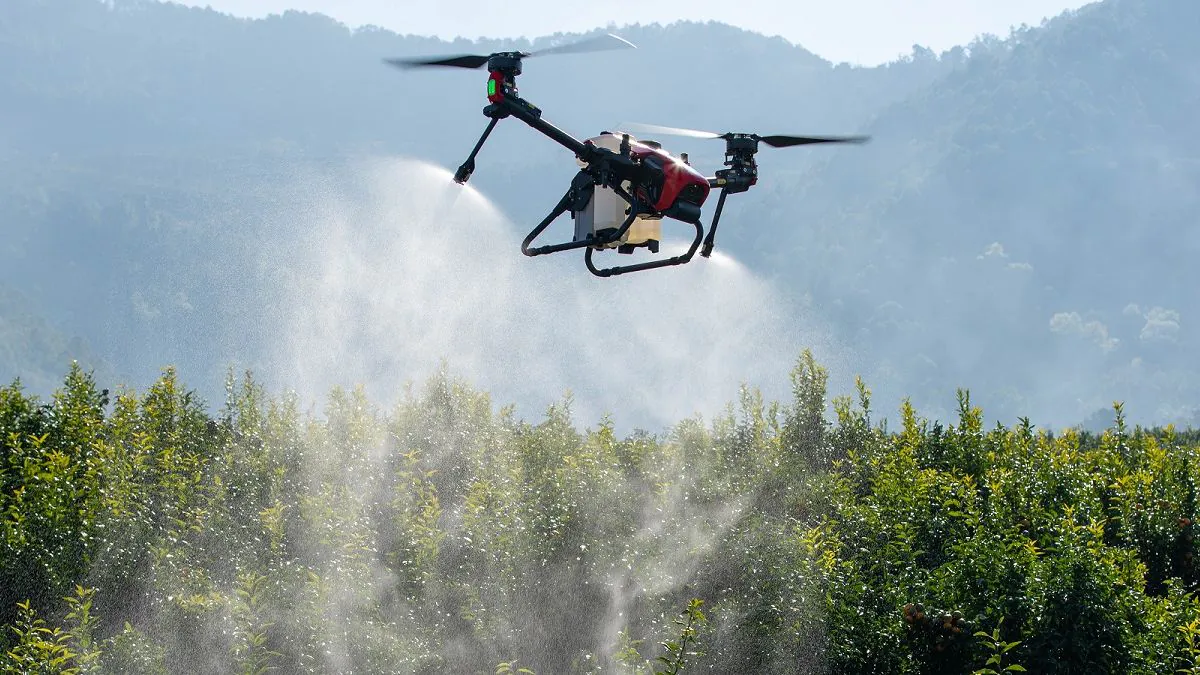
DroneUA Group, a leading integrator of unmanned technologies in the fields of robotics and data processing, has been included in the global ranking of startups in the field of artificial intelligence for agriculture. The majority of the ranking’s representatives are American companies (the first four places, as well as several more positions in the middle of the ranking), but there are also representatives from Israel, India, South Africa, and Serbia.
This was reported by the company’s representatives on their Facebook page. “We are proud of each of our awards in the field of agriculture and are grateful to Ukrainian farmers for this. After all, it is their openness to innovation, thirst for experimentation and development that made it possible to introduce advanced unmanned and digital solutions,” DroneUa said in a statement.
The press service of DroneUa added that the company was able to gain invaluable experience in the use of agricultural robotics and processing of field information from satellites and data collected by drones thanks to domestic agricultural producers. The latest technologies with the integration of artificial intelligence allow for a highly accurate, resource-saving and environmentally friendly approach to agricultural production, which not only saves costs but also increases crop yields.
“Together, we are making a significant contribution to the development of the global AgTech market and ensuring the world’s food security,” DroneUa says.
The contribution of unmanned technologies to agriculture is hard to overestimate. Drones can make it more efficient, as they can monitor fields from a high altitude, find problem areas, control the quality of tillage, machinery and sowing operations, measure fields more accurately and calculate yields.
In general, according to the official website of DroneUa, the use of AI in agriculture is divided into three main categories:
Read also:
Leave a Reply